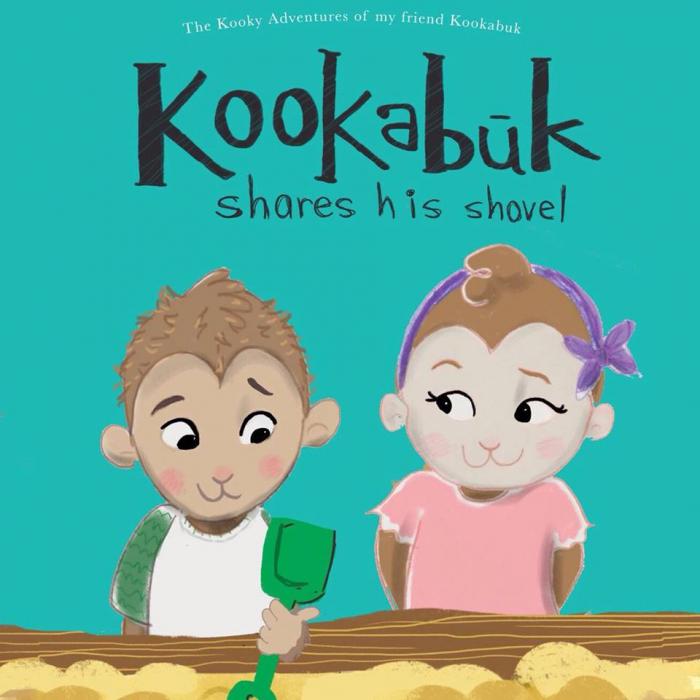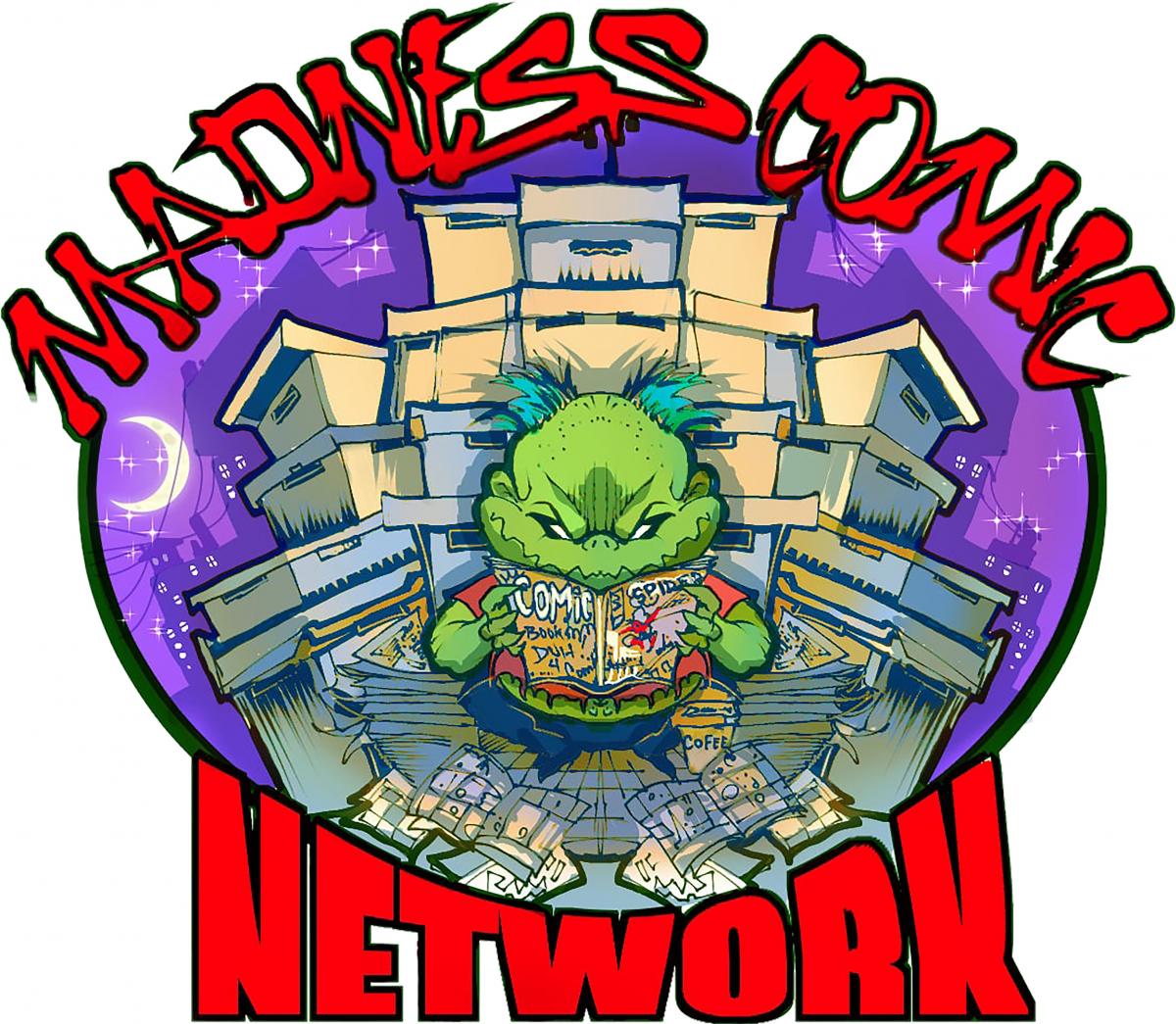KOOKABUK - Half Picture Book, Half Parenting Guide
FTC Statement: Reviewers are frequently provided by the publisher/production company with a copy of the material being reviewed.The opinions published are solely those of the respective reviewers and may not reflect the opinions of CriticalBlast.com or its management.
As an Amazon Associate, we earn from qualifying purchases. (This is a legal requirement, as apparently some sites advertise for Amazon for free. Yes, that's sarcasm.)

When I picked up KOOKABUK SHARES HIS SHOVEL by Kevin Howard and Jesse Howard (illustrated by Lorian Dean), I was expecting a didactic book for children that teaches about sharing. As someone who hated “lesson” books as a child, I was a bit hesitant.
However, this book is way more than that. Half picture book, half parenting guide, KOOKABUK demonstrates how to navigate difficult situations when your child is on the autism spectrum or has a developmental disability.
In this story, Emily – a neuro-typical child (a child without developmental disabilities) – befriends Kookabuk, a child on the autism spectrum, at the park. But they struggle when Kookabuk won’t share his shovel with Emily. Kookabuk’s mother implements several strategies, and soon all three are playing happily together.
I enjoyed seeing these parenting strategies shown in a real life situation, rather than just written down. Both authors have a background in working with children who have autism; Kevin has been a public school teacher for 20 years and his son has autism, while Jesse is a special education teacher with a background in early childhood education.
Before the story itself, there’s a note explaining how to use this book. In the back, parents can find “best of help tips” that explain in-depth the strategies Kookabuk’s mom uses in the story. I appreciated how Kookabuk was shown as a child and not an “issue."
The illustrations themselves are mainly illustrated animals imposed over photographs of a playground environment. However, they are cute and expressive and easy to follow.
I would recommend this book to parents who have developmentally delayed children, but I would also recommend it to parents of neuro-typical children. KOOKABUK can be a great tool for facilitating discussion on neurodiversity and building empathy.


